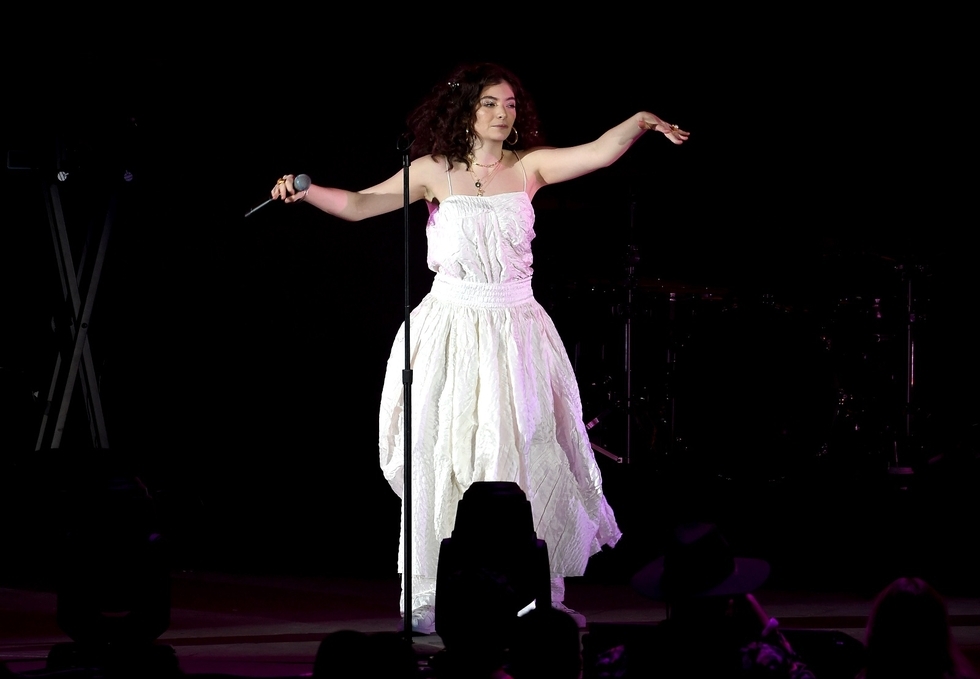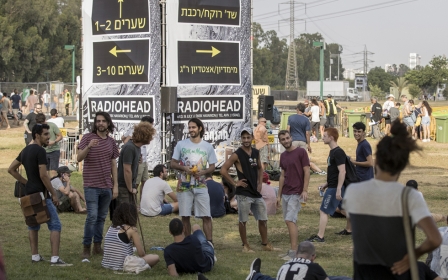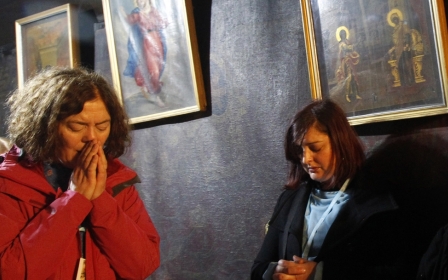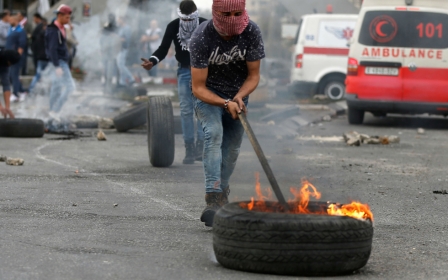'BDS victory': New Zealand star Lorde cancels Israel show

Answering the call of advocates for Palestinian rights, New Zealand pop singer Lorde on Sunday cancelled a concert in Israel scheduled for next summer.
The 21-year-old, who enjoyed phenomenal success while still a teenager, last week announced a Tel Aviv performance in June as part of a tour.
After criticism from international and New Zealand activists, Lorde announced on Sunday she was scrapping the performance in Israel.
"I've received an overwhelming number of messages and letters and have had a lot of discussions with people holding many views, and I think the right decision at this time is to cancel the show," Lorde wrote in a statement distributed by Naranjah, the Israeli promoters of her Tel Aviv show.
"I'm not too proud to admit I didn't make the right call on this one," she said of the initial decision to perform in Israel. "I'm truly sorry to reverse my commitment to come play for you. I hope one day we can all dance."
The Royals singer had interacted with activists on Twitter, acknowledging their demand to cancel the Tel Aviv show and thanking them for informing her about the issue.
In a statement to AFP, Naranjah said: "We forgive Lorde and wish her a successful tour in Russia and the US."
The Boycott, Divestment and Sanctions (BDS) movement, whose activists urged Lorde to cancel her event in Israel, says it is inspired by the campaign that targeted South Africa's apartheid regime and is seeking an end to Israel's occupation of the West Bank.
In July, BDS activists failed to get Radiohead to call off its show in Tel Aviv despite heavy pressure from artists such as Pink Floyd's Roger Waters and film director Ken Loach.
Palestinians thanked Lorde on social media for her decision.
Proponents of the cultural boycott against Israel argue that it serves as a reminder to Israelis of their government’s mistreatment of Palestinians, and that it pressures Israel to reconsider policies that infringe on Palestinian rights, including the occupation.
Najwan Berekdar, an activist with BDS48, which encourages Palestinian citizens of Israel to join the movement, told MEE in the summer around the time of the Radiohead concert that the cultural boycott is meant to be a “wake-up” call to Israeli society.
“The boycott can come through economic pressure, or through cultural boycott, and some of Israeli society will pay the price for that,” she said.
“Even though, of course, this price is nothing compared to the price the Palestinians pay on a daily basis even with their lives - not just with their houses and their rights.”
Middle East Eye propose une couverture et une analyse indépendantes et incomparables du Moyen-Orient, de l’Afrique du Nord et d’autres régions du monde. Pour en savoir plus sur la reprise de ce contenu et les frais qui s’appliquent, veuillez remplir ce formulaire [en anglais]. Pour en savoir plus sur MEE, cliquez ici [en anglais].




